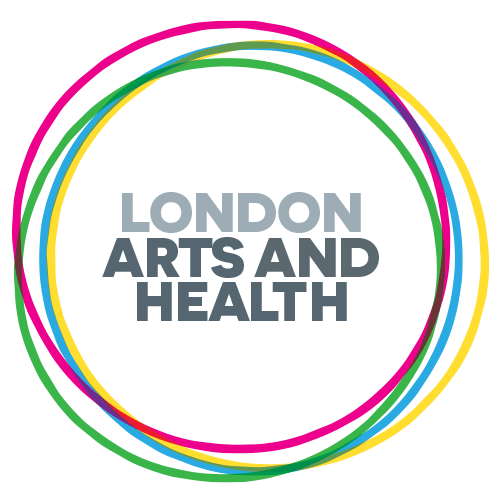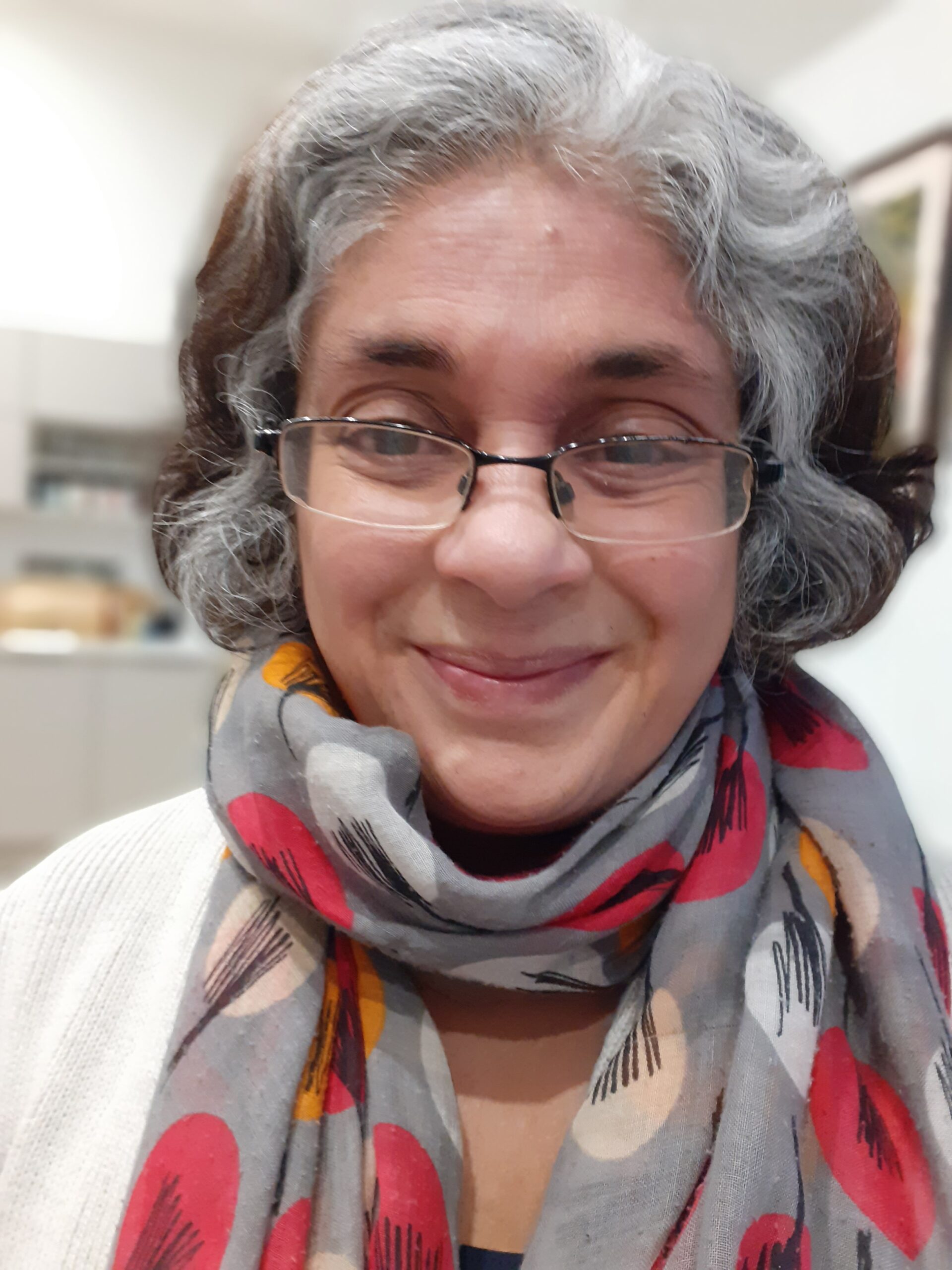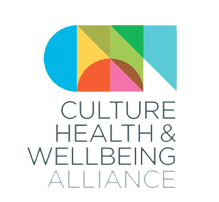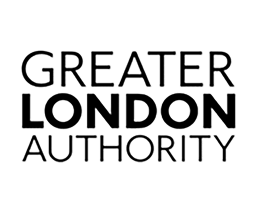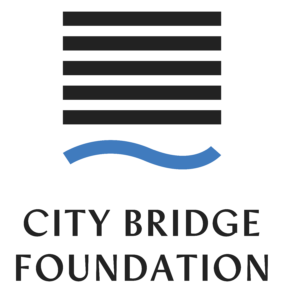As a Hackney GP of more than 20 years, I work from a small community centre building, with bars on the window. In this sacred space, I have laughed, cried, sweated with and for my patients, often putting far too much of myself into these multiple snap-shot consultations of my patients lives. As they come to me with their fragmented lives, so I come with my shards and together I hope that we make something better together. A life working on the front-line in health is incredibly difficult, as I have lost patients young, and often my closest GP colleagues often also fly onwards, into different GP roles usually in more affluent areas.
Our practice has the roots of our patients’ lives, weaved intricately with the roots of us, practitioners, staff. This is the work of decades. Transformation and flourishing do not happen in an instant. So many of my patients have never really belonged. Within their families, or perhaps they grew up in care, or were neglected. Perhaps they were excluded from school, or just overlooked, leaving school without qualifications. Or, perhaps they have left their families overseas, making their base in Hackney for a multitude of reasons. In our practice, and in the wider voluntary sector community, we hope to enable our patients (and ourselves) to make a home here.
More of my daily work at the surgery is simply ‘holding space’ for my patients, listening from my heart-space, trying to convey that they belong to our surgery community. To work in this place is to witness, and to journey, and to belong with one another. Much of what patients bring to me are medically unexplained, symptoms and diseases that fall between the different secondary care specialties. We have learnt, from experience, and through trial and error, how to ‘hold’ these patients, and how to care for them well.
Our primary care network (our group of five surgeries) now employs a wellbeing team that includes social prescribers, health-and-wellbeing coaches, a wellbeing practitioner, and a mental health worker, as well as a volunteer coordinator. Over time, they are now beginning to make a difference to our patients, to our community. We have a wonderful courtyard garden created by our patients, who have tended this space so beautifully. Now I have a space where I can bring my agitated patient I saw last week. We were both soothed by the early spring flowers and the fresh air. So much other work goes on in general practice that we cannot code for, that is not measurable. It is extraordinarily wonderful, and yet also there is the paradox of being extraordinarily difficult to be part of.
Recently, I have learnt what it means to flourish. To really flourish, to bloom, to grow. Shoots to the light. To take the difficult emotions and stories that patients bring to me daily, and not to just compartmentalise, shut them away as I previously did. I have learnt what creative enquiry is, developed by Dr Louise Younie (a researcher at Queen Mary University of London) – how to interact and artistically reflect on the human dimension of healthcare. Something which has been forgotten by the politicians, in their desire for the NHS to provide instant access for all who need it. Covid-19 has left in its trail, an exhausted work-force.
For me, writing in prose and poetry about the difficult times, those awkward consultations, the patients I have lost young, the colleagues in my practice that are sorely missed and the alchemy of the consulting room have taken the edge off my post-Covid burn-out. In fact, as a result of becoming an artist/ writer, it now feels as if my edges have softened all around – that my work has taken on a new life, that I look to connect with other first, that I am a human being before I am a human-doing. I am often seeking the spaces, the edges of time where I can drop in some poetry, read a few pages, make time and listen deeply to my colleagues, to find those small moments of joy which are always there when you look for them. For others, I know it is making their own art, and using their dormant creativity in a multitude of ways that has restored and sustained their clinical practice. I am now co-lead of the Royal College of General Practitioners (RCGP) Specialist Interest Group in Creative Health – this is a wide group of similar GP’s who have grasped the same vision and who are working to promote and influence the creative health space.
As Audre Lorde says in her timeless essay “Poetry is not a luxury”, I am also beginning to use my poetry to illuminate the inequalities, the inequity I see in my patients lives, which impacts hugely on their health and well-being. It is still a work in progress but several articles have been published in BJGP Life. I hope to develop this further.
Written by Kathleen Wenaden.
Member essays form part of our commissioned blog series. Members are invited to pitch stories reflecting on their views and creative practice. Views are members’ own.
